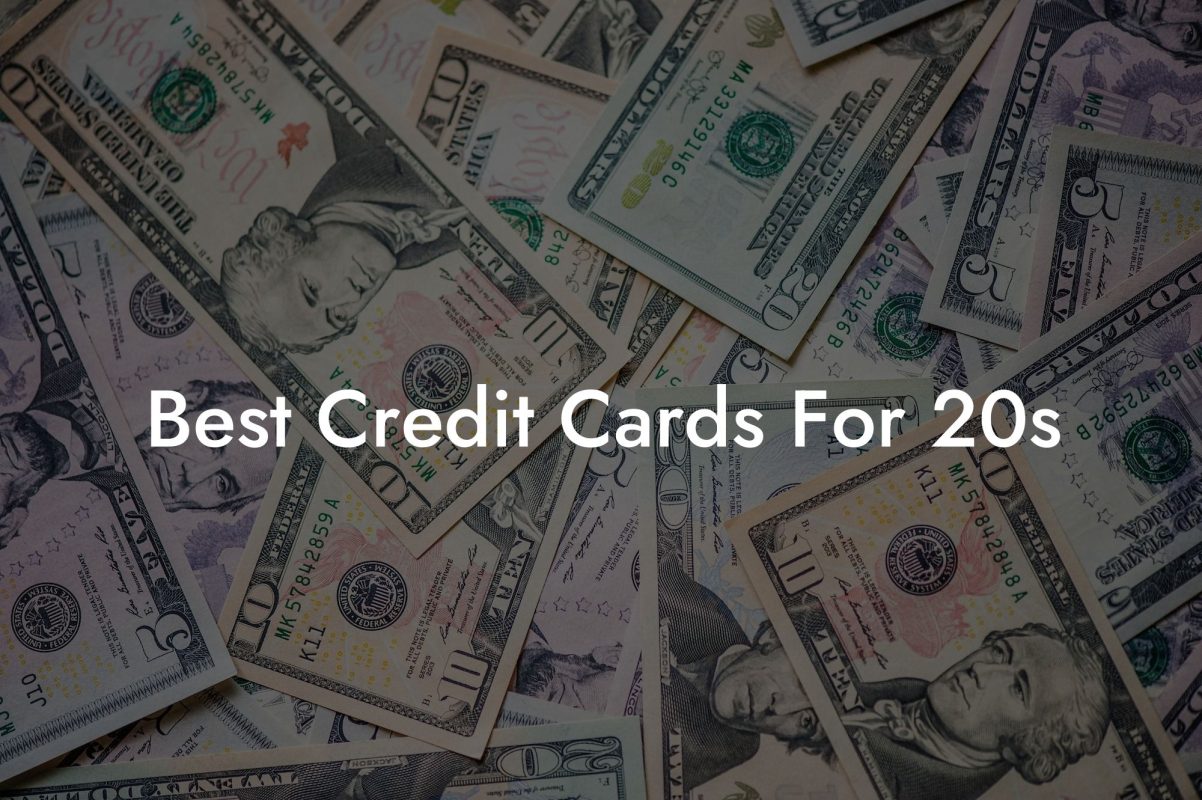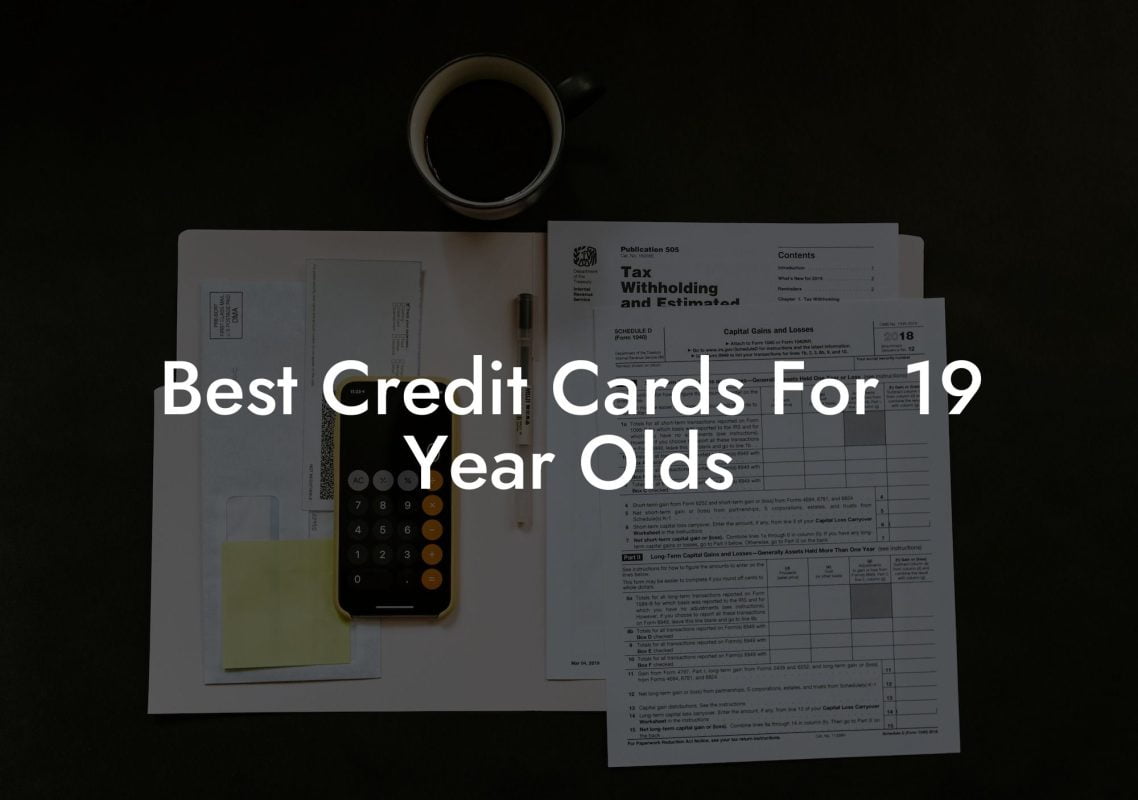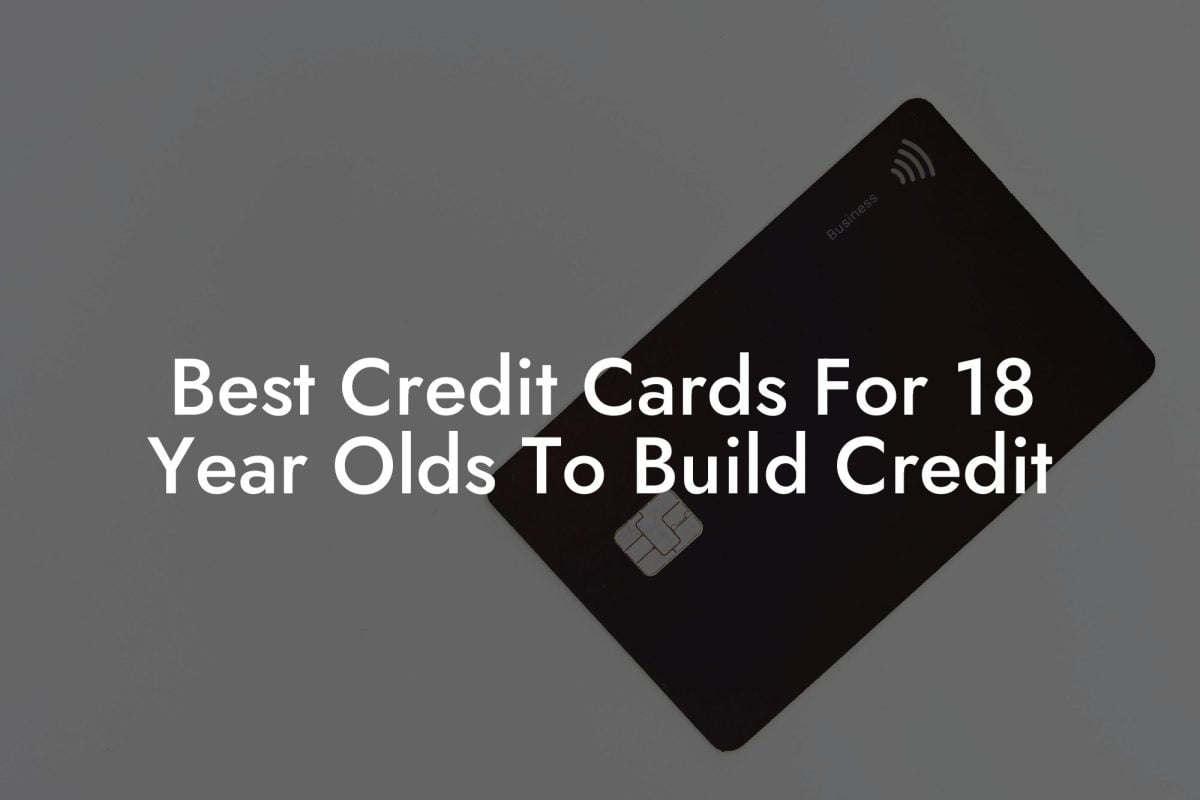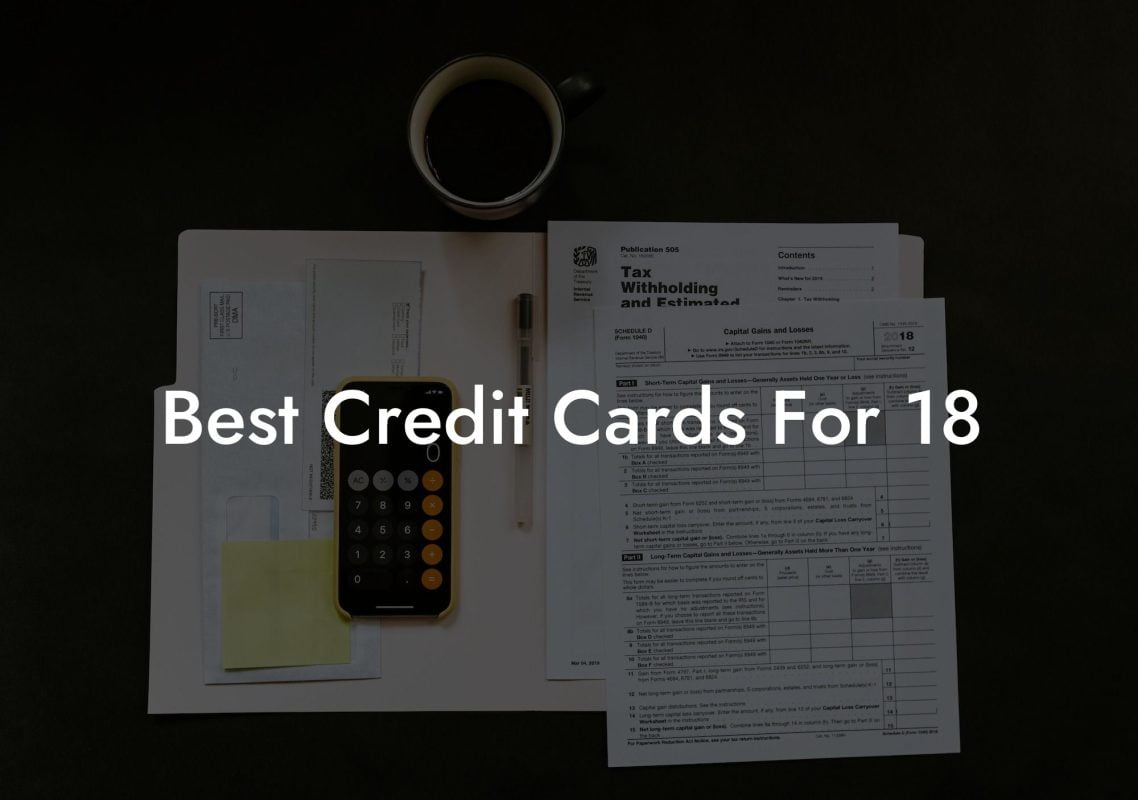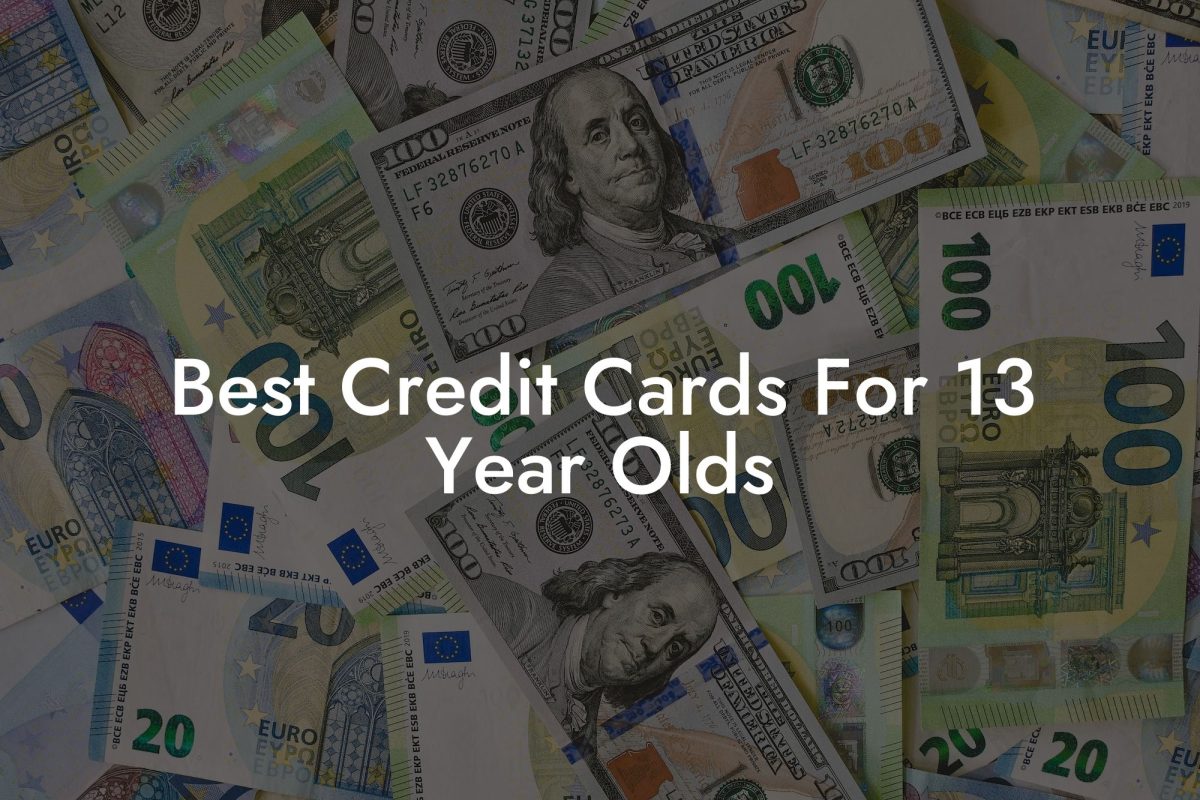Ever accidentally send way too much cash to your credit card? It’s like when you tip your barista a fortune and then wonder if they’ll send you extra espresso as change. Overpaying your credit card might sound like a financial win at first glance, but it comes with its own set of quirky surprises. Buckle up as we dive into the wild world of credit card overpayments—what happens when you pay more than you owe, why it happens, and how it might even work in your favor (or not).
What Happens if You Overpay Your Credit Card Table of Contents
Understanding Credit Card Overpayment
Common Reasons Behind Credit Card Overpayments
How Overpaying Affects Your Credit Card Account
Benefits and Risks of Overpaying Your Credit Card
How to Prevent Future Overpayments
Expert Advice on Managing Credit Card Payments
Resources and Community Support: Your Next Steps
Integrative and Holistic Approaches to Your Financial Wellbeing
Understanding Credit Card Overpayment
Overpaying your credit card is exactly what it sounds like—you end up sending in more money than your outstanding balance. Instead of just clearing your debt, you create a credit balance on your account. While this might sound like you’re getting a little extra free money, the reality is a bit more complex.
Imagine accidentally depositing an extra grand into your checking account that you never planned for; you’re not losing money, but you can’t exactly go out and spend that extra cash instantly. In the case of your credit card, that extra money sits there, earning nothing for you and sometimes causing hiccups in how your account works.
The most important thing to remember is that overpayment is legal and rarely a big deal, but it can lead to confusion. Banks and credit card issuers don’t really design accounts to sit with a positive balance indefinitely. So, what exactly happens? Let’s jump into the details.
Common Reasons Behind Credit Card Overpayments
There are a few reasons why you might end up paying more than you owe on your credit card, and most of them are pretty human. Here are some common scenarios:
- Payment Processing Confusion: Sometimes, when you’re a bit distracted—or let’s face it, life is busy—you might mistakenly enter a payment amount higher than the balance shown on your bill.
- Auto-Pay Mix-Ups: Setting up automatic payments is super convenient, but if your auto-pay settings aren’t perfectly aligned with your billing cycle, you might accidentally overpay.
- Refunds and Adjustments Gone Wrong: If a refund, credit, or payment adjustment rolls through, you could end up with a confusing balance that leads you to overpay.
- Human Error: We all make mistakes. A simple misclick or a typo in the payment amount can send your finances into overdrive.
Regardless of the cause, an overpayment will result in a positive balance on your account, which may either be refunded to you or applied to future charges.
How Overpaying Affects Your Credit Card Account
Once you overpay, your credit card account transforms from an outstanding debt liability into a mini savings account (well, not exactly a savings account, but it works in a similar way). Here’s what typically happens:
1. A Positive Balance Emerges: Normally, you accrue interest if you carry a balance. However, with a credit balance, you’re essentially in the green. That extra money is on your account, but instead of being used to offset charges automatically, it might just sit there.
2. Future Charges Get Offset: If you go on to make new charges on your card, that credit balance will automatically reduce your next bill. In other words, if you overpaid by $100 and then spend $50, your upcoming bill would show a $50 balance as long as the positive amount is still in effect.
3. Refund Hassles: If you don’t plan to use the credit balance, you might want it refunded. However, every credit card issuer has a different process for this, and sometimes getting your money back can require a bit of a chase with customer service.
4. No Interest Earning: Unlike a savings account, that extra money typically won’t earn you any interest. So while it might feel good to know you overpaid, the upside is quite limited.
5. Accounting Confusion: A positive balance can sometimes confuse automatic billing systems or lead to unexpected refunds that get applied at odd times. Make sure to keep an eye on your statements so you’re not caught off guard.
The bottom line is that overpaying doesn’t cause any harm to your credit score, but it does add an extra layer of complexity to how your account is managed.
Benefits and Risks of Overpaying Your Credit Card
Believe it or not, overpaying your credit card isn’t all bad news. There can be some unexpected perks if you know what to do with your extra balance—and some pitfalls to watch out for!
The Potential Benefits
1. Lower Interest Accumulation: With a positive balance, you’re effectively reducing your outstanding debt, which means you’re not paying interest on that portion. If you’re in a cash flow crunch, this can be a small financial buffer.
2. Automatic Payment Offsets: As mentioned earlier, any new charges will automatically be offset by the overpaid amount. This can help you manage your monthly spending if you’re careful with your credit card usage.
3. A Safety Net for Emergencies: In theory, having extra funds on your credit card could come in handy for quick, unexpected charges, although this isn’t a substitute for an actual emergency fund.
The Risks and Downsides
1. Missed Opportunities for Interest Income: That extra money isn’t working for you in a high-yield savings account. Instead, it’s just sitting there, potentially costing you in lost opportunity for interest earnings.
2. Complicated Refund Processes: Getting a refund on an overpayment isn’t always straightforward. Some banks may require you to call customer service or fill out forms, and in some cases, it might take a few weeks for the refund to hit your checking account.
3. Confusing Account Statements: Overpayments can lead to statements that are more difficult to understand. Instead of a clear balance due, you might see a credit that could be misinterpreted as an error or a pending refund.
4. Reduced Flexibility: While having extra funds on your account might feel reassuring, it also locks your money into the credit card account, which isn’t typically the most flexible or beneficial place for your money over the long-term.
Understanding these pros and cons can help you make an informed decision if you ever find yourself in a situation where you accidentally overpay. It’s all about knowing your options and managing the potential fallout.
Navigating the Refund Process
So, you’ve overpaid your credit card and now you’re wondering how to get that money back. While it might be tempting to just let it sit there, many people prefer to reclaim their funds and either invest them or move them to a more flexible account.
The refund process can vary between credit card issuers, but here are some general steps to guide you:
1. Review Your Statement
Start by taking a close look at your latest credit card statement. Confirm that the positive balance wasn’t caused by a recent refund or legitimate adjustment. This will help you determine if an overpayment has indeed occurred.
2. Contact Customer Service
Give your credit card issuer a ring. Explain your situation and ask about the process for requesting a refund on your overpaid balance. Be prepared for some waiting time and possibly a few rounds of security questions.
3. Follow Up in Writing
Once you’ve spoken with customer service, it’s a good idea to follow up with an email or written request. This creates a paper trail and helps ensure that your refund request is processed promptly.
4. Monitor Your Account
Keep a close eye on your credit card account (and your bank account) after you’ve requested the refund. It might take several business days or even weeks to see the money returned.
Tip: While waiting, make sure to use your credit card responsibly so that the refund process isn’t delayed by additional charges or adjustments.
By staying proactive and organized, you can minimize the hassle and ensure that every extra penny overpaid finds its way back to your wallet.
How to Prevent Future Overpayments
Prevention is always better than cure, especially when it comes to accidentally sending too much cash to your credit card. Here are some tips to help you manage your payments more carefully:
1. Double-Check Payment Amounts
Always review the amount you’re about to send before finalizing a payment. It’s a basic step, but in our fast-paced digital world, a momentary distraction can lead to an overpayment.
2. Set Up Payment Reminders
Use banking apps or calendar reminders to alert you when a payment is due. This not only helps ensure you pay on time but also provides a moment to confirm the exact amount due.
3. Verify Auto-Pay Settings
If you use automatic payments, take a minute to review your settings regularly. Make sure the payment scheduled matches your current outstanding balance. Adjust the auto-pay amount if there’s been a recent change in your billing cycle.
4. Use Budgeting Tools
Leverage personal finance apps that track your spending and bill payments. These tools offer clear summaries of your account activity, making it easier to catch any discrepancies before they become a problem.
5. Periodic Account Reviews
Set aside time each month to review your credit card statement. Look for any unusual activity and ensure that your payments have gone through correctly. If something looks off, contact your issuer right away.
By integrating these habits into your financial routine, you can significantly reduce the risk of overpaying and keep your money where it belongs—working for you, not sitting idle in your credit card account.
Expert Advice on Managing Credit Card Payments
Financial gurus and credit specialists agree that managing your credit card payments should be both strategic and mindful. While overpaying isn’t the end of the world, learning to wield your finances with precision can save you a lot of headache in the long run.
Here are some nuggets of wisdom from industry experts:
Understand Your Billing Cycle
Knowing exactly when your billing cycle starts and ends is crucial. This awareness helps you avoid the pitfalls of both late payments and unintentional overpayments. It’s all about timing—like catching your favorite band’s surprise drop on Spotify.
Maintain a Financial Buffer
Keep an emergency fund separate from your credit card payments. This ensures that if you ever overpay by mistake, you won’t be tempted to treat that extra balance like cash waiting to be spent.
Speak Up When in Doubt
Never be afraid to reach out to your credit card issuer if something doesn’t add up. Whether it’s an overpaid balance or a charge you don’t recognize, customer service is there to help clarify the chaos.
Educate Yourself Continually
The world of personal finance is always evolving. Stay updated on best practices for managing credit, utilize free online resources, and join financial wellness communities to share insights and learn from others’ experiences.
Expert advice isn’t just about preventing mistakes—it’s about empowering you to take control of your financial journey with confidence and clarity.
Resources and Community Support: Your Next Steps
So, you’ve learned how overpaying your credit card works, the potential benefits and risks, and how to avoid this scenario in the future. What’s the next step? It’s time to tap into additional resources and join a community that can help you master your money.
Consider these proactive steps:
- Engage with Personal Finance Blogs and Forums: Platforms like Reddit’s r/personalfinance and financial independence blogs offer a treasure trove of insights from people who have been in your shoes.
- Utilize Financial Apps: Download budgeting tools like Mint, YNAB (You Need A Budget), or Personal Capital to monitor your spending habits, track your payments, and set financial goals.
- Attend Webinars and Workshops: Many financial institutions and independent financial coaches offer free webinars and live workshops on managing credit and debt. These sessions can provide valuable tips and a chance to ask questions.
- Consult a Financial Advisor: If your financial landscape seems as tangled as a set of old earbuds, getting professional advice might be the smartest move. Advisors can tailor strategies specifically to your needs.
- Join Local or Online Groups: Being part of a financial wellness community can help you stay accountable, exchange tips, and continuously learn about managing your money wisely.
While the idea of overpaying your credit card might initially feel like a financial faux pas, it can serve as a stepping stone toward better money management. Leverage these resources to enhance your financial literacy, and remember: even mistakes can lead to growth.
Integrative and Holistic Approaches to Your Financial Wellbeing
Just as a holistic approach to health combines mind, body, and spirit, a well-rounded financial strategy blends practical money management with proactive learning and emotional mindfulness. Overpaying your credit card is just one facet of your broader financial narrative—a story in which every twist is an opportunity to get smarter, more resilient, and more empowered.
Imagine aligning your financial habits with your life goals. Every bill paid, every dollar tracked, and every budgeting technique you learn contributes to a sense of empowerment. This isn’t just about avoiding mistakes; it’s about turning every experience, even the accidental overpayment, into a stepping stone toward long-term financial wellness.
Embrace the idea that managing money doesn’t have to be stressful or overly complicated. With the right mindset and tools, every misstep can be a lesson in discipline, responsibility, and growth. Let this guide be your map to navigating the sometimes confusing world of credit payments, ensuring that every decision you make adds up to a brighter financial future.
Frequently Asked Questions
We’ve rounded up some of the most common questions about overpaying your credit card to help clear up any lingering doubts. Read on for answers that might just save you from another accidental extra payment.
1. What happens when I overpay my credit card?
Overpaying your credit card results in a positive balance. This balance can be applied to future charges, or you may request a refund from your card issuer.
2. Does overpaying my credit card affect my credit score?
No, overpaying your credit card does not harm your credit score. It simply creates a credit balance on your account.
3. Can I earn interest on a positive credit card balance?
Typically, no. Unlike most savings accounts, credit card issuers do not pay interest on positive balances.
4. How do I get a refund for an overpaid amount?
To receive a refund, contact your credit card issuer’s customer service. They will guide you through the refund request process, which may involve verification steps and a waiting period.
5. Why might I accidentally overpay my credit card?
Overpayments often happen due to auto-pay settings misalignments, human error during payment entry, or confusion caused by recent refunds or adjustments on your account.
6. Can continuing to maintain a positive balance help my future spending?
While a positive balance may offset future purchases automatically, it is generally not recommended to rely on overpayments as a budgeting strategy since the extra funds don’t earn interest.
7. Is it better to have a slight overpayment or pay the exact amount due?
Paying the exact amount is usually ideal. It keeps your account straightforward and avoids potential complications or confusion down the road.
8. What should I do if I notice an overpayment on my statement?
First, verify the amount to make sure it isn’t a misapplied refund or credit. Then, reach out to customer service for clarity and request instructions on obtaining a refund if needed.
These FAQs cover most of the common scenarios. If you have further questions, don’t hesitate to contact your credit card provider or seek advice from a financial advisor.
Your Journey to Financial Empowerment
Every financial decision, including an accidental overpayment, is part of a bigger picture—a journey toward more empowered and informed money management. As you navigate the ups and downs of credit card accounts, remember that knowledge is your superpower.
While it might feel a bit like a slip-up at first, overpaying your credit card can serve as an eye-opener, prompting you to refine your payment habits and take charge of your financial health. Embrace the lessons learned, set up foolproof systems, and let every step guide you toward financial clarity.
Whether you’re a millennial just starting out or a Gen Z trailblazer looking to build a rock-solid credit history, the key is to stay informed, remain proactive, and never hesitate to ask for help when you need it. With the right mindset and smart strategies, your journey to financial empowerment is just beginning.
So, here’s to making better financial choices, learning from every twist in the road, and turning even a potential overpayment into a stepping stone toward a brighter financial future. Keep exploring, stay curious, and let your financial savvy shine!





